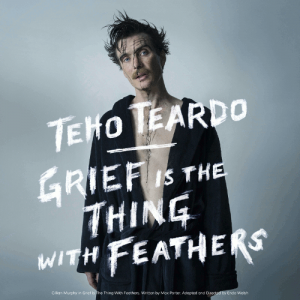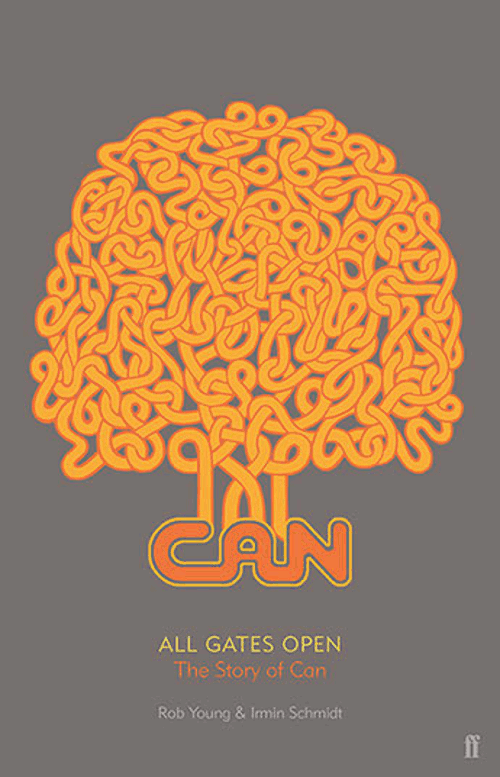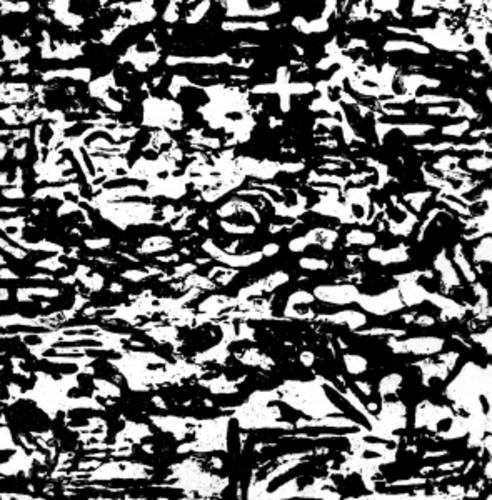 A serial collaborator, Teho Teardo has been releasing music for the last thirty years, both as a member of various bands and also as a solo soundtrack composer. Max Porter‘s Grief Is The Thing With Feathers, a book that has been adapted for the stage, directed by Enda Walsh, is a tale of sorrow and loss and for this album, Teho has reached deep inside himself to construct pieces that evoke the kind of heartache that feels never-ending, but will eventually heal.
A serial collaborator, Teho Teardo has been releasing music for the last thirty years, both as a member of various bands and also as a solo soundtrack composer. Max Porter‘s Grief Is The Thing With Feathers, a book that has been adapted for the stage, directed by Enda Walsh, is a tale of sorrow and loss and for this album, Teho has reached deep inside himself to construct pieces that evoke the kind of heartache that feels never-ending, but will eventually heal.
The deep string structures are at times violent and nervous, sweeps of uncomfortable cello merging with awkward vocalising that sounds like somebody being shaken from a reverie. There are attempts at comfort, but they don’t really last and even when we have a stretch of what sounds like lovely post-rock momentum, it is still rent by jagged scrapes of rude, ungainly cello.
There is a revelry here, but only in the space between notes; otherwise, it is tension and discomfort with little room for positivity. Considering the subject matter, this is no great surprise, so the slow build, underworld grumbling of “A Demon Who Fed On Grief” lurks in darkness, the implied threat caught in the passing sounds of ghosts. Even the jovial clarinet bluster of “Hop Sniff And Tackle” is still mired in an undercurrent of darkness.
The healing does begin with the final track “Unfinished, Beautiful, Everything”. There is something upbeat about the guitar ushering along the strings that helps it build with an air of optimism and there is a sense of togetherness, with the disparate and solitary nature of what came before gone temporarily. This longer piece has the chance to stretch out, and returns to the whistling motif that sounded so lonely at the start of the album. Here, the humanity in the sound is somehow embracing, and draws the album to a satisfactory conclusion, showing its accessibility as a standalone collection.
-Mr Olivetti-



